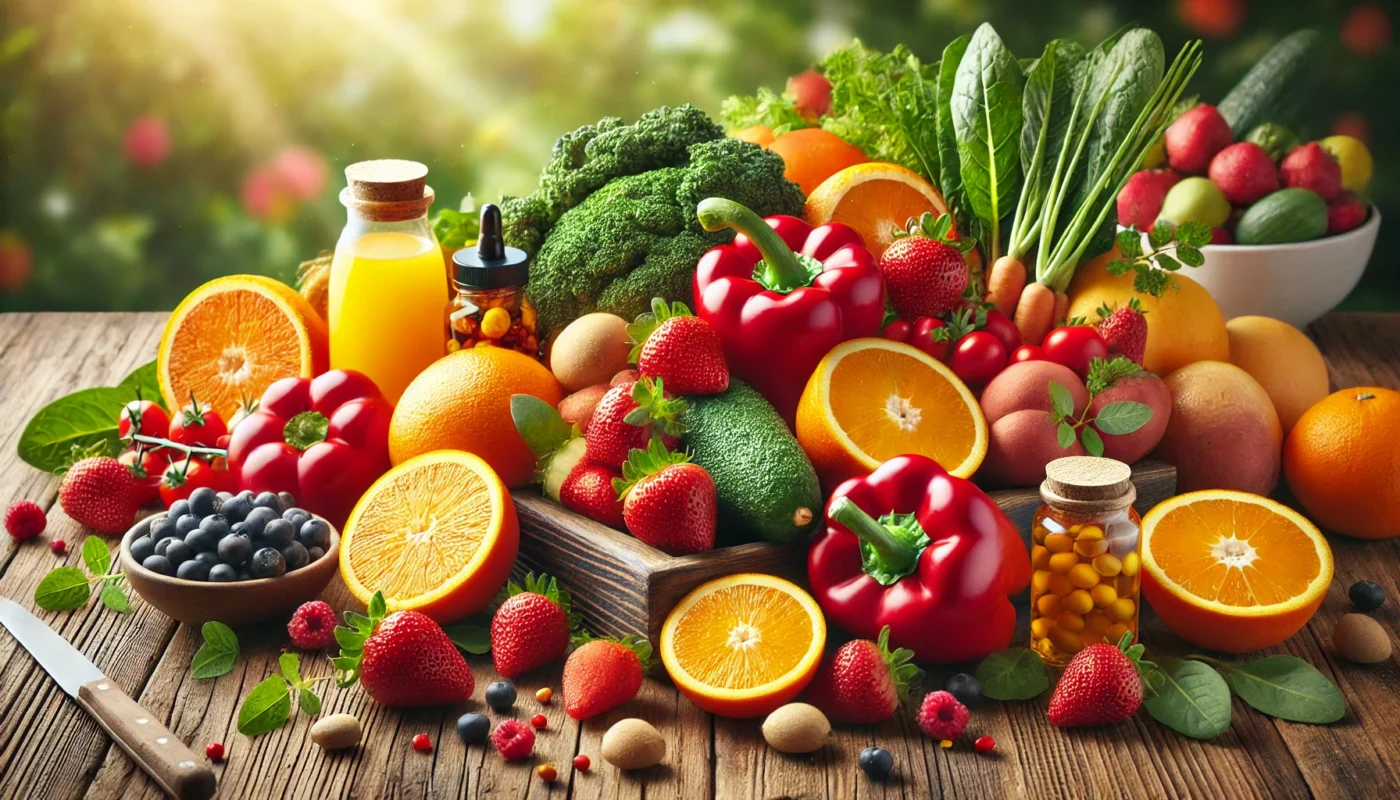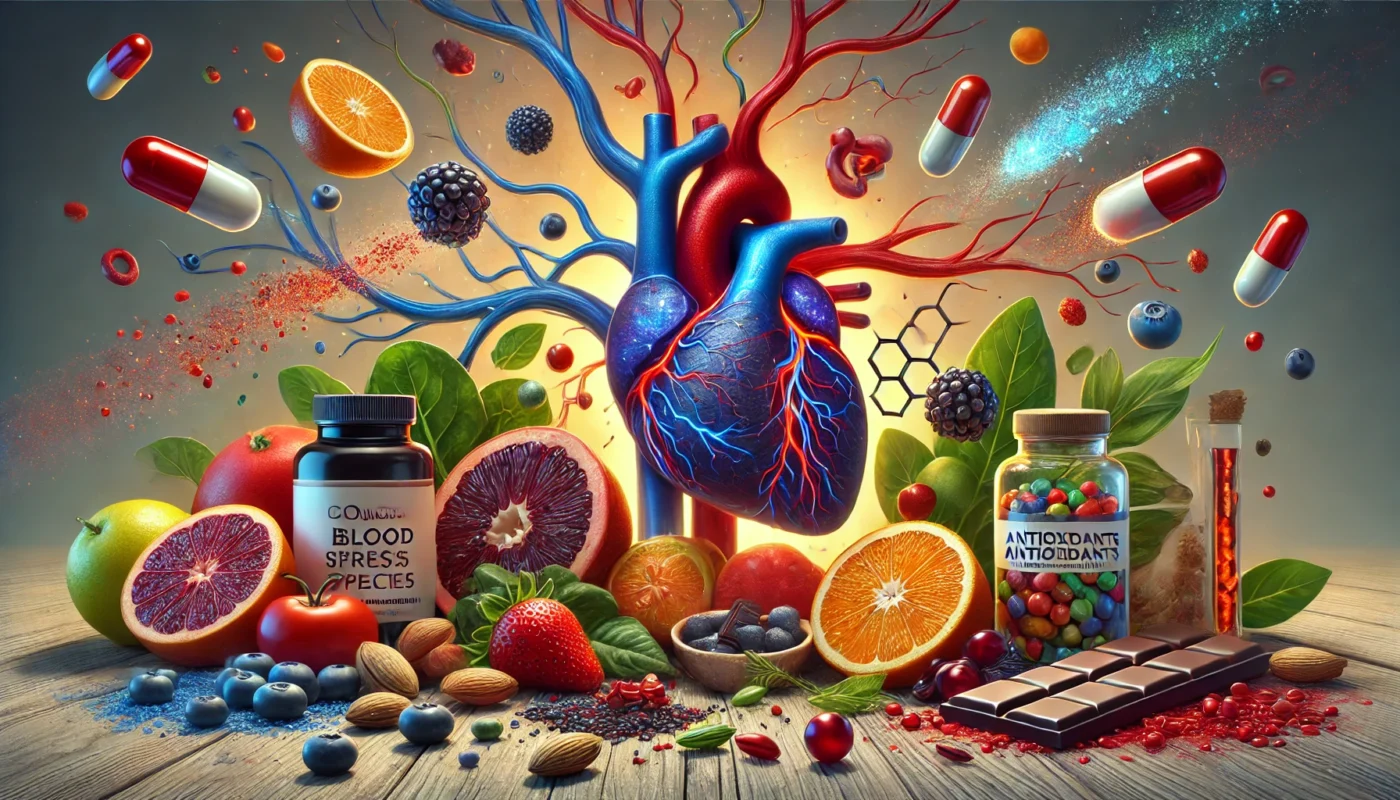Grapes have long been cherished not just for their delightful sweetness and versatility in culinary applications, but also for their potential health benefits. Among the multitude of health topics that pique the interest of fitness enthusiasts, health aficionados, and medical patients alike, the relationship between grapes and inflammation stands out as particularly intriguing. Let’s delve into the scientific evidence and explore whether grapes, along with other popular fruits, are friends or foes in the context of inflammation.
Tag Archives: Polyphenols
Aging is a natural process. It’s a journey that brings wisdom, experience, and maturity. But it also brings changes to our skin.
Over time, our skin loses its youthful glow and elasticity. Wrinkles, fine lines, and age spots start to appear. This is where skin care supplements come into play.
Skin care supplements are a popular choice for those seeking to combat the signs of aging. They offer a holistic approach to skin health, working from the inside out.
These supplements contain essential vitamins, minerals, and other nutrients. They aim to support the health and vitality of your skin. But with so many options available, how do you choose the best ones?
This guide will help you navigate the world of skin care supplements. We’ll delve into the science behind skin aging and the role of supplements. We’ll explore key supplements for aging skin and their benefits.
We’ll also discuss additional beneficial supplements and holistic approaches. Finally, we’ll provide practical advice on choosing the right supplements and creating a regimen.
White blood cells (WBCs) are the body’s defense force. They are crucial for fighting infections and maintaining overall health. However, many people struggle to understand how to naturally boost their WBC count. This is where diet comes into play. Certain foods can enhance the production and function of WBCs. From vitamin C-rich fruits to zinc-packed […]
Inflammation is a natural response of our bodies to injury or illness. However, when it becomes chronic, it can lead to various health issues.
Diet plays a crucial role in managing inflammation. Certain foods are known to have anti-inflammatory properties, and grapes are one of them.
Grapes, a common fruit, are packed with nutrients and antioxidants. They are not only delicious but also offer numerous health benefits.
One of the key benefits is their potential to combat inflammation. This is due to the presence of certain compounds, such as polyphenols and resveratrol.
But how effective are grapes in reducing inflammation? Can they be a part of your diet if you’re trying to manage inflammation-related conditions?
This article aims to answer these questions. We will delve into the scientific research behind the anti-inflammatory properties of grapes.
We will also provide practical advice on how to incorporate grapes into your diet. Additionally, we will compare grapes with other anti-inflammatory foods to give you a broader perspective.
Whether you’re a fitness enthusiast, a health enthusiast, or a medical patient, this article will provide you with comprehensive information on the role of grapes in managing inflammation.
Hypertension, or high blood pressure, is one of the leading causes of heart disease, stroke, and kidney failure worldwide. Affecting over 1.28 billion people globally, according to the World Health Organization (WHO), hypertension is often dubbed a “silent killer” because it typically develops without noticeable symptoms. Among the many factors contributing to hypertension, oxidative stress has emerged as a key player in the condition’s progression. Antioxidants, compounds that counteract oxidative damage, are now being explored as potential therapies for managing hypertension.
This article looks into the link between antioxidants and hypertension, examines the evidence supporting antioxidant-based treatments, and discusses how these therapies could complement existing approaches.





